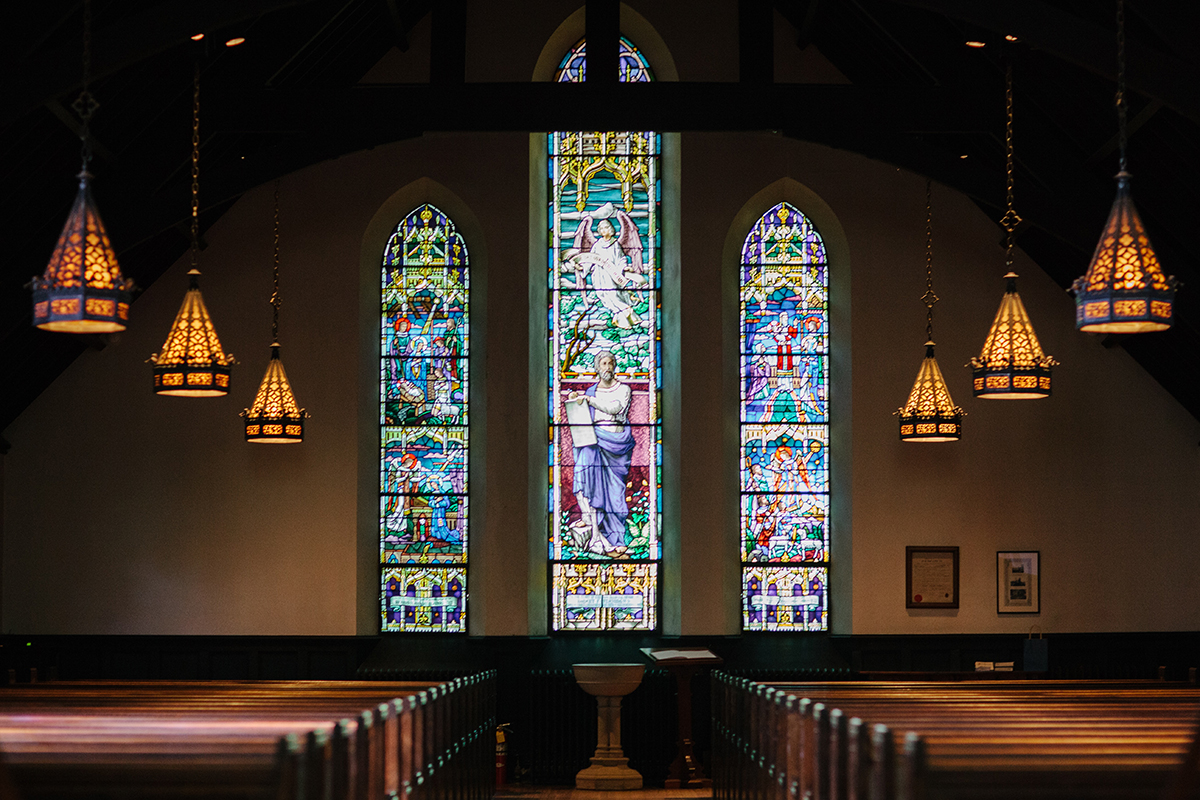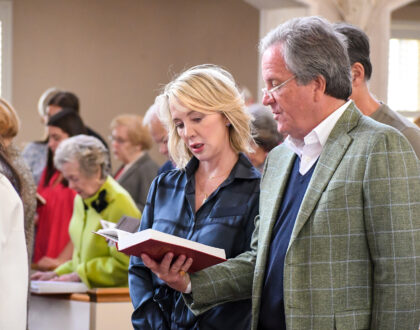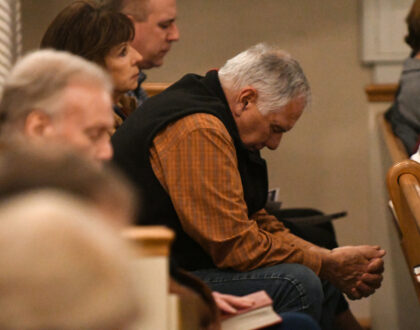Challenges for the 21st Century Church

A few years ago, Brett McCracken, who writes regularly for Christianity Today, wrote a very interesting article titled “21 Challenges Facing the 21st Century Church.” It was later turned into a book titled Uncomfortable. Brett was very honest and forthright in his assessment of what the church needs to pay attention to both now and in the coming years. I recently shared this article with the Woodmont Elders. As a pastor who thinks about the future of Christianity and the Church on a regular basis, I found this article very interesting. Here are ten of the challenges that he identifies:
Biblical Illiteracy – Biblical literacy is a huge problem in the American church, and it makes many of the challenges on this list all the more challenging. Quite simply, people in churches (and even moreso those not in churches) may pay lip service to the importance of the Bible, but by and large, they do not read it or know it.
Presence – Christians ought to be people of presence, connected to God and to one another through the inhabiting, unifying power of the Holy Spirit. But the 21st-century world busies our lives and distracts us so that every moment pulls us away from presence. The church must re-prioritize its vocation as presenters of God’s presence in the world, and to do so we must cultivate habits and liturgies that create the space and contours for that presence to be felt and known.
Boredom – We are an antsy culture. Everything is fast-paced and harried; we can hardly remember which Netflix show we loved last month or which restaurant was the rage last year. We have short attention spans and get bored easily, and this poses a huge challenge to the church.
Consumer Christians – The ubiquity of consumerism in late capitalism has fully infiltrated the church, to the extent that “church shopping” and “what I got from the sermon” are things we say without thinking anything of it. People go to Sunday services to “get something.” They choose churches that “fit them” and match their checklist of preferences, just as one would choose a car or a new pair of jeans. But churches must challenge rather than cater to this mentality. Church is a place where members of a body come together for purposes beyond themselves. It’s an invitation to join Christ in what he is already doing in the world, not an invitation for Christ to affirm our self-actualization.
Aversion to Commitment – We live in a culture that is commitment-averse. Millennials are the FOMO (“fear of missing out”) generation, preferring to keep options open rather than committing to something or someone and foreclosing other possibilities.
Social Media – There are some positive things social media offers, but there are many things about it that pose challenges to the contemporary church. Chief among them is the challenge of posturing, a performative obsession that feeds pride and hypocrisy.
Racial Reconciliation – The church should be no haven for racism, and yet too often the church has let racial wounds fester and prejudice (whether explicit or implicit) go unaddressed. The 21st church must not be on the sidelines in the work of justice, healing and reconciliation; she must actually lead these efforts.
Gender and Sexuality – This is a vast area that encompasses a wide range of things (homosexuality, gender identity, marriage, divorce, egalitarian vs. complementarian gender roles, pornography, etc.), each of which could be its own category on this list. We are already seeing how this issue creates fragmentation within churches, denominations and parachurch organizations, and this will only continue.
Distrust of Authority – For many (very valid) reasons, younger generations today have a real distrust of authority. This makes church inherently challenging for them, not only because they have a hard time trusting leaders but (more importantly) they struggle with submitting fully to the authority of Christ and the authority of Scripture. Yet churches must lean into the “transcendent authority” of Christ, countercultural as that may be.
Entanglements of Allegiances – This has been a struggle for the church since her earliest days. In what sense does a person’s allegiance to empire or nation or some other secular community interact with their allegiance to Christ and his church? Today we’re seeing this play out in the messy entanglements of Christians in politics, to the point that we have to say out loud that trickle-down economics and the right to bear arms are political, not biblical values. Today’s focus on identity politics makes this even more challenging, as any given member of a church may see their Christian identity as secondary to some other identity (gender, race, political affiliation, nationality, etc.). (Brett McCracken – October 27, 2016)
What would you identify as being the most pressing challenge for the future of the church? How can we talk openly, honestly, and respectfully about these topics and others? Better yet, are we willing to take these challenges seriously?
Recommended Posts

My Upcoming Book – ”What the World Needs Now“
April 01, 2025

Emotionally Intelligent Christianity
March 26, 2025

Humility and the Challenge of Personal Growth
March 19, 2025

